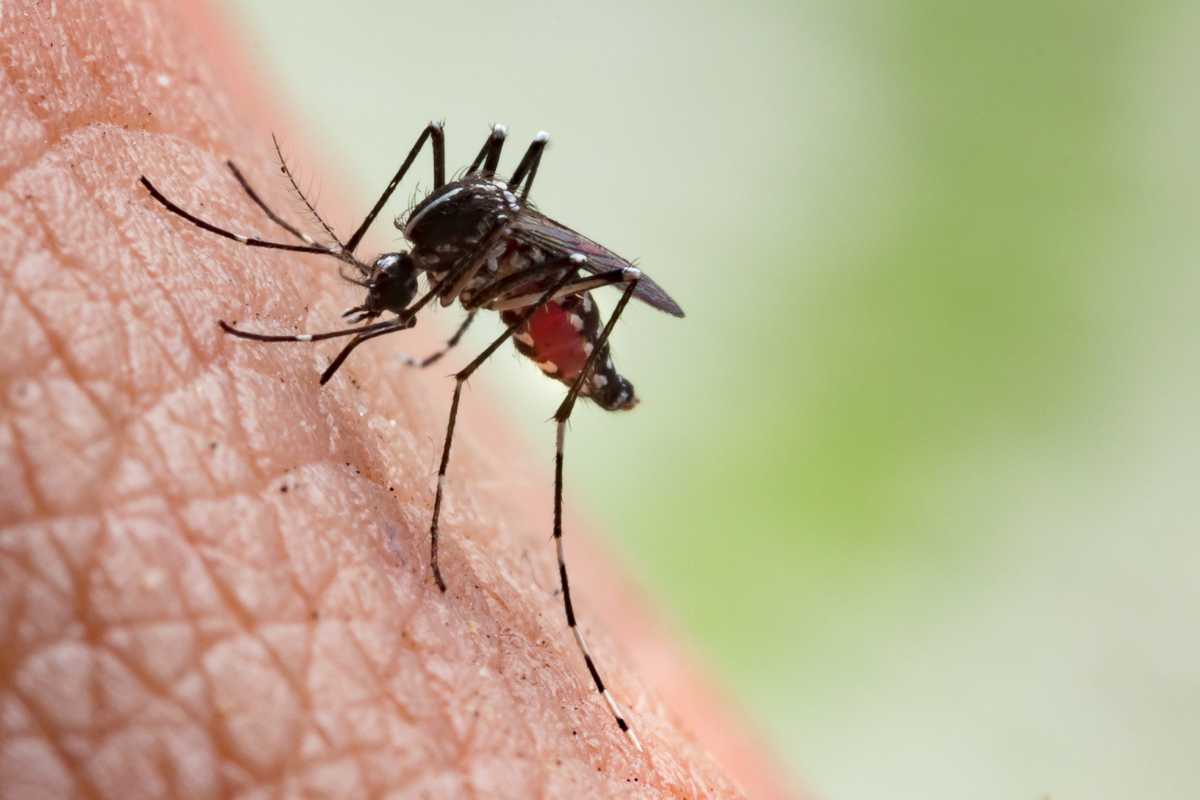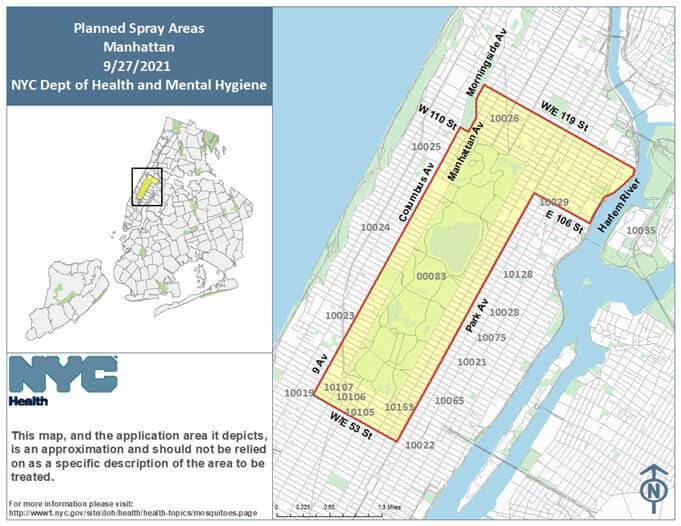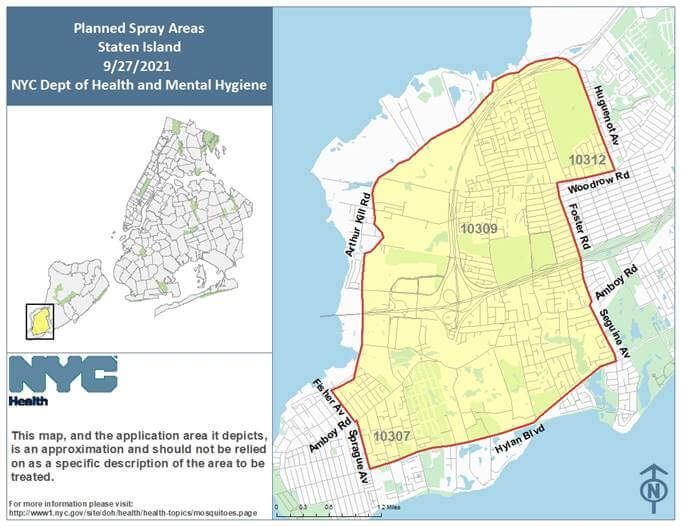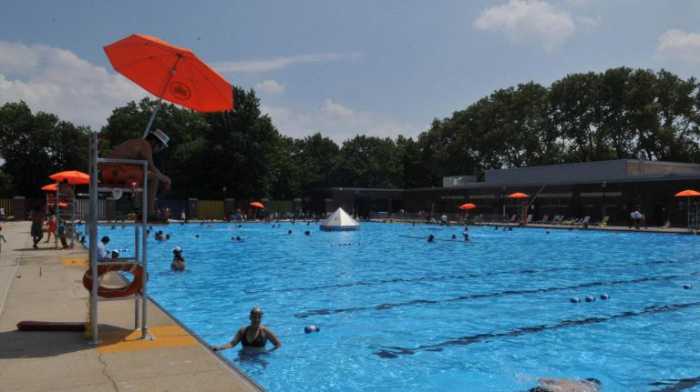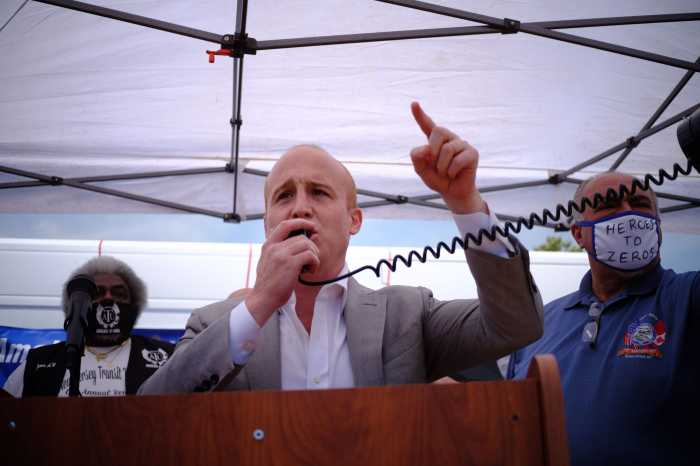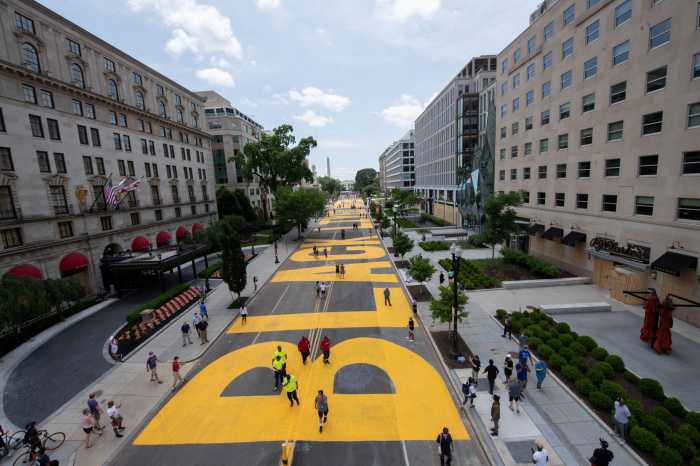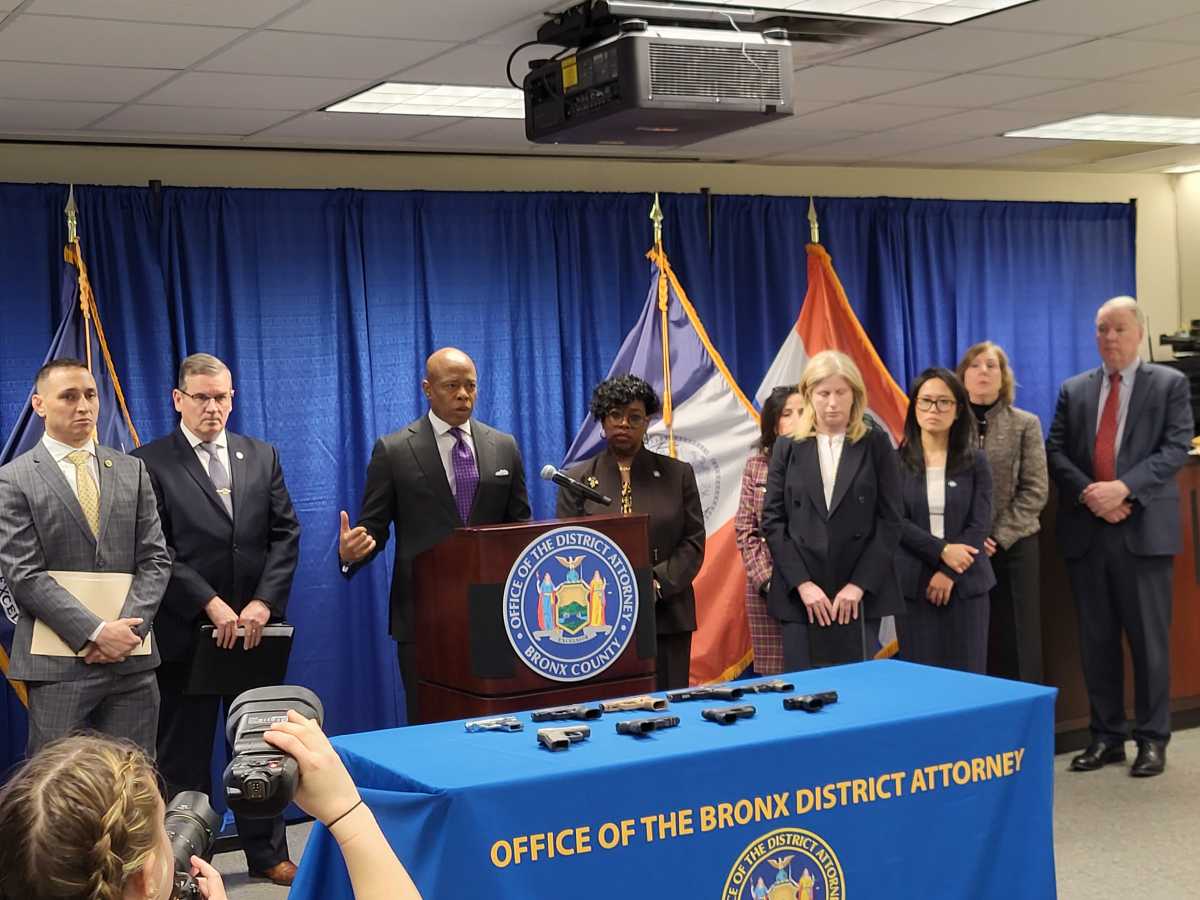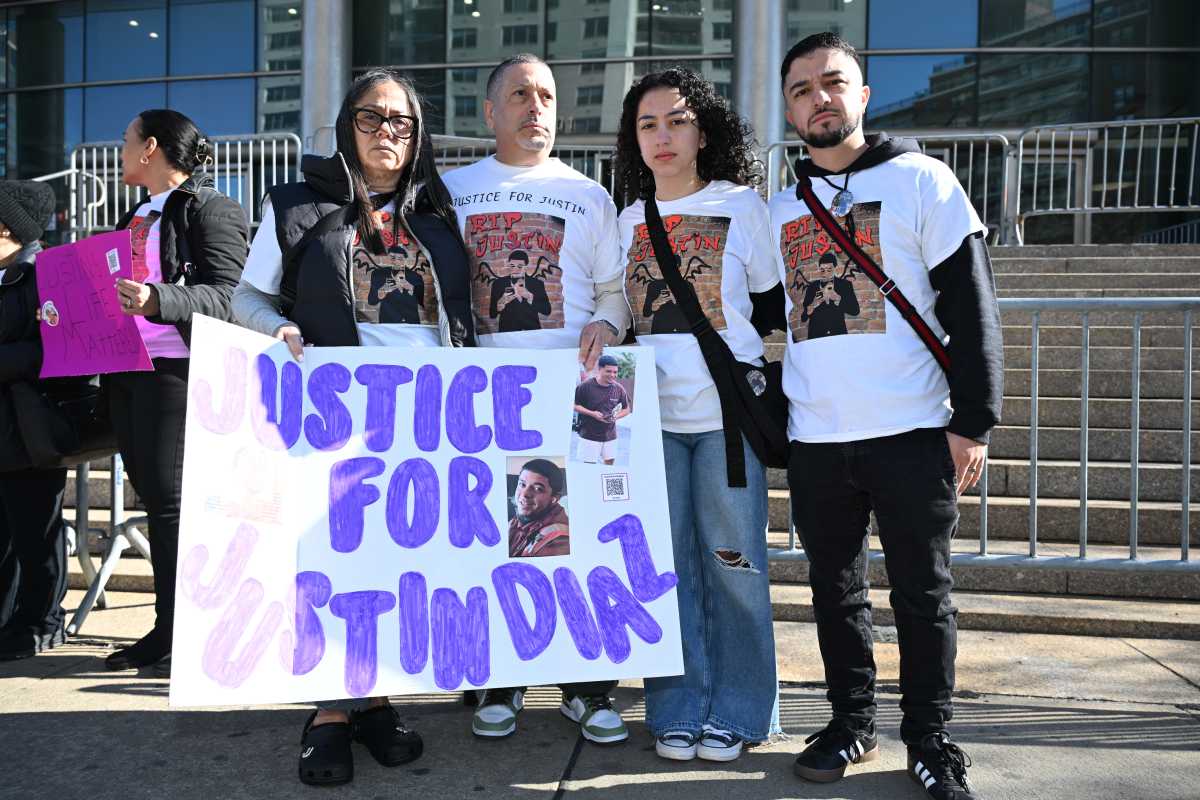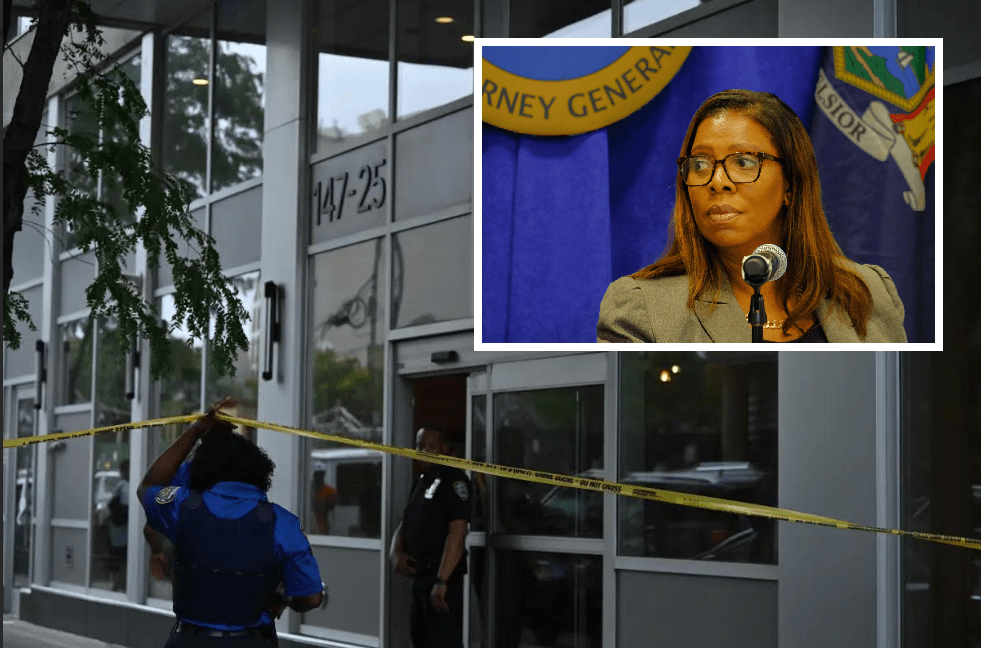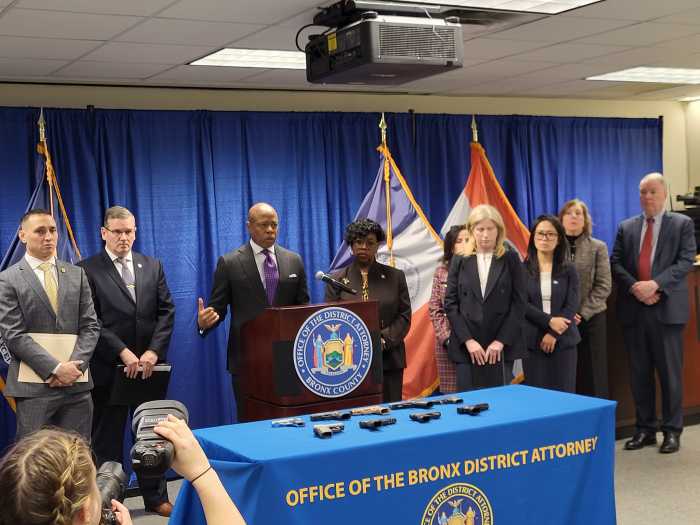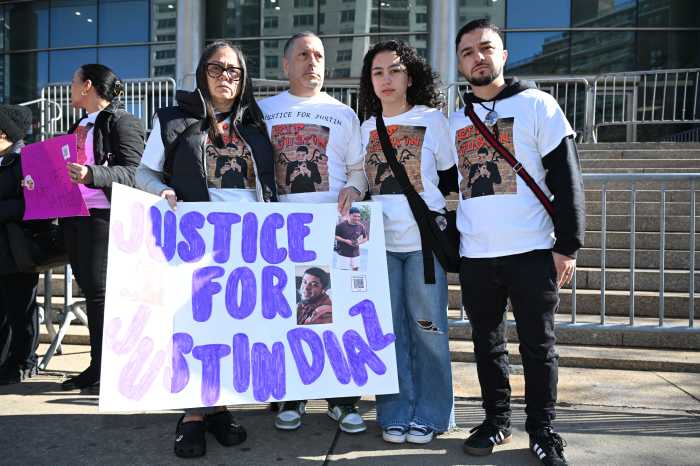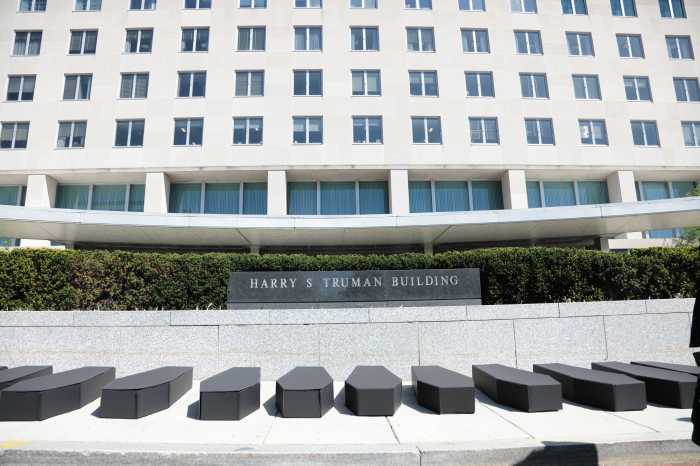In an effort to reduce the number of West Nile-carrying mosquitoes, the Health Department will conduct mosquito spraying in Manhattan and Staten Island next week.
On Monday, Sept. 27, the Health Department will deploy trucks to spray the pesticides between the hours of 8:30 p.m. and 6 a.m. the following morning, weather permitting. In case of bad weather or equipment malfunctions, the spraying will be delayed until Tuesday, Sept. 28.
In Manhattan, spraying will take place in areas bordered by 9 Avenue, Columbus Avenue, West 110th Street, Morningside Avenue to the West; West to East 119th Street to the North; Harlem River, East 106th Street, Park Avenue to the East; and, East to West 53rd Street to the South.
On Staten Island, spraying will take place in areas bordered by Sprague Avenue, Amboy Road, Fisher Avenue to the West; Arthur Kill Road to the North; Huguenot Avenue, Woodrow Road, Foster Road, Amboy Road, Seguine Avenue, to the East; and, Hylan Boulevard to the South.
During the spraying, the Health Department will use very low concentrations of Anvil®, Duet®, or DeltaGard®. Though the risk of pesticides is low for people in pets, it’s recommended that you stay inside for the duration of the spraying, as those who are sensitive to spray ingredients may experience short-term eye or throat irritation, or a rash. People with respiratory conditions may also be affected. Following the spraying, wash any skin and clothing exposed to pesticides with soap and water as well as fruits and vegetables.
The Health Department reminds New Yorkers that the best way to control mosquitoes is to eliminate any standing water and are encouraging city residents to mosquito-proof their homes and take precautions when spending time outdoors. Use an approved insect repellent containing DEET, picaridin, oil of lemon eucalyptus (not for children under three), or products that contain the active ingredient IR3535. Eliminate any standing water from your home and make sure your gutters are clean and draining properly.
For more information about the West Nile virus, call 311 or visit nyc.gov.



